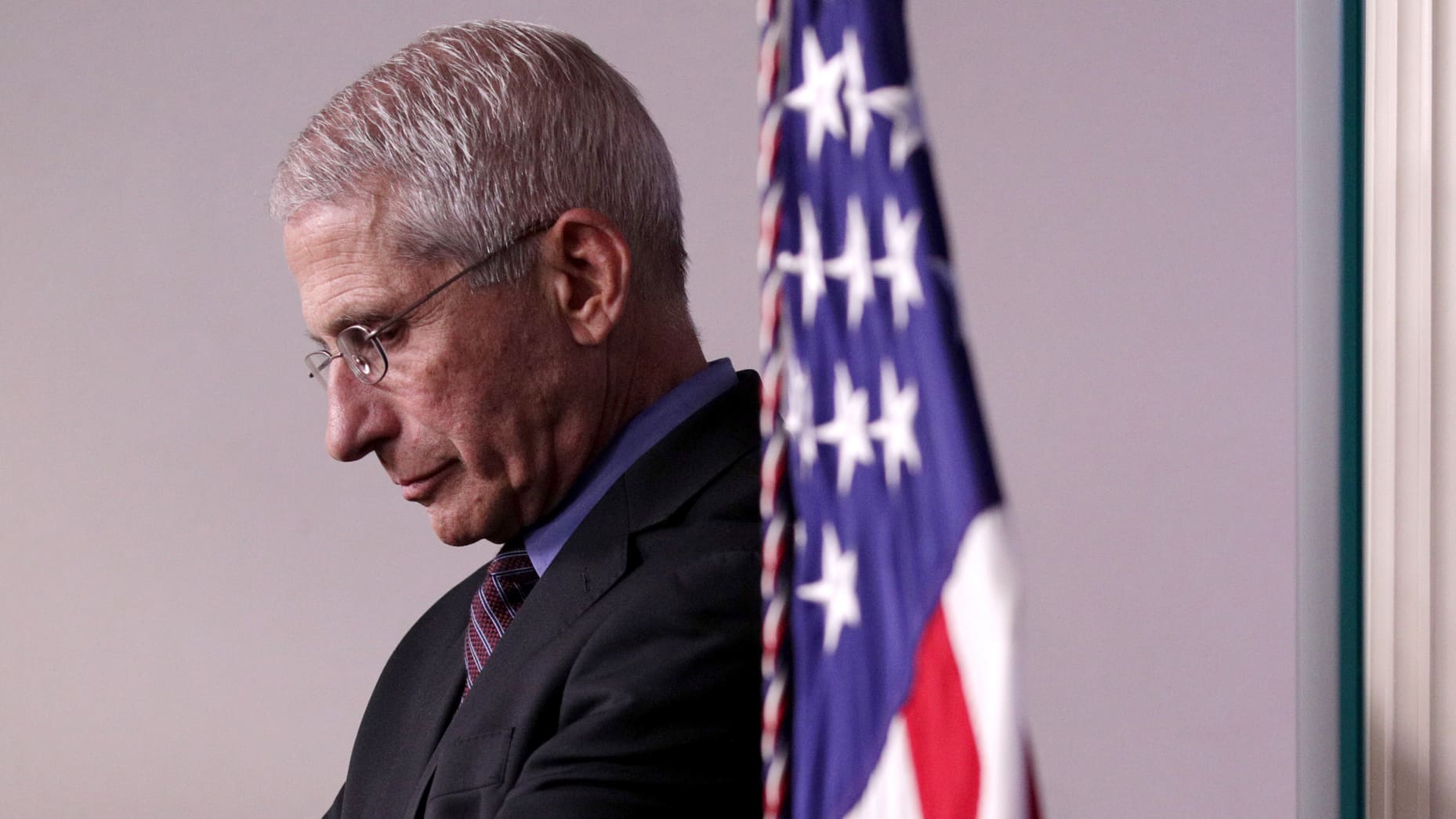GOING ON OFFENSE: Trump Team Prepares to Investigate UN, NGOs, & Arrest Biden Admin Officials for Running Biggest Human Trafficking/Sex Slavery Operation in History!
Fauci Admits None Of The 72 Mandatory Childrens Vaccines Were Ever Safety Tested

Robert F. Kennedy Jr. has recounted how, when threatened with a lawsuit, Dr. Anthony Fauci was forced to admit that none of the 72 vaccines that are currently mandated for children in the US has […]
The post Fauci Admits None Of The 72 Mandatory Childrens Vaccines Were Ever Safety Tested appeared first on The People’s Voice.
UK Govt Buys Millions Of Doses Of New Bird Flu Vaccine Amid Pandemic Fears

The British Government has secured a contract for more than five million doses of the human H5 influenza vaccine, in, what they claim, is an effort to bolster the country’s defences against a potential pandemic. […]
The post UK Govt Buys Millions Of Doses Of New Bird Flu Vaccine Amid Pandemic Fears appeared first on The People’s Voice.
